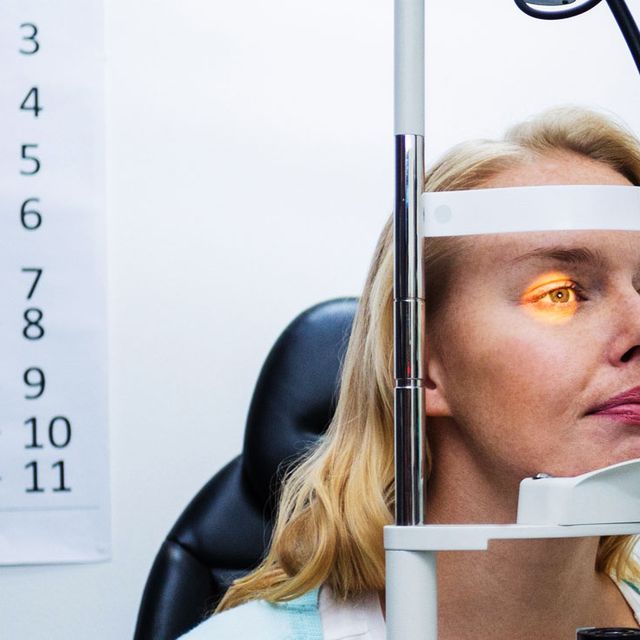
Blog

Most people are aware that UV exposure is bad for our skin. However, far less are aware of the impact which it can have on our eyes. In fact, our eyes are around 10 times more sensitive to UV radiation than our skin. Nevertheless, many of us forgo wearing sunglasses or don’t think to check that the sunglasses that we choose actually offer adequate protection from UV damage.
There are two types of UV damage that can reach our eyes. These are:
UVB: UVB is most commonly associated with tanning and skin cancer. It can affect the front part of the eye called the cornea, as well as the sensitive skin around the eyes.
UVA: UVA rays penetrate the body and eyes much more deeply, causing changes from within. UVA is known to contribute towards the development of eye conditions like macular degeneration and cataracts.
Sunglasses for UV protection
Sunglasses are, without a doubt, the most effective way to protect our eyes from the harmful effects of UV exposure. Most modern sunglasses now have UV protection built into the lenses themselves, rather than simply coating them. This makes the protection more durable and long-lasting. They should also be worn outside as often as possible, not just on sunny days. This is because as much as 80% of the sun’s harmful rays can penetrate through the cloud and reach our eyes. Indirect exposure to UV light, through reflections from water, snow, and even windows is just as dangerous for our eyes too.
It’s important to be aware that there are many different types of sunglasses, and not all will guarantee the same level of protection against UV damage. You should:
Look for a sticker or label that shows that the sunglasses you are considering offer protection against at least 95% of UV light. Some labels state UV400 which means that they block out 100% UV light.
Not worry too much about the color of the lenses themselves. Dark tints can help to make your vision more comfortable on sunny days and reduce eye strain, but they don’t necessarily afford any more protection against UV damage.
Choose a style that fits close to your face, wraps around your eyes, or is oversized, as these will help prevent light from getting in around the sizes of the lenses.
Benefits of UV protection sunglasses
When you wear sunglasses that have sufficient UV-blocking ability, you can expect to experience a range of benefits.
Reduced risk of many eye diseases. There are a number of different conditions and diseases that have been linked to UV exposure, including corneal sunburn, growths on the eye (pterygium and pinguecula), cataracts, and macular degeneration. Wearing sunglasses can reduce your risk of developing these conditions.
Preservation of your long-term vision. UV damage is accumulative over our lifetime. Some of the conditions listed above can cause temporary or even permanent vision loss if they aren’t treated.
Avoid unnecessary pain and other unpleasant or debilitating symptoms. The eye diseases that are linked to excessive UV exposure can cause patients to experience a range of symptoms including discomfort and visual disturbances that make some day to day activities very difficult.
For more advice on the protection offered by UV sunglasses, please call our expert eye care team.



